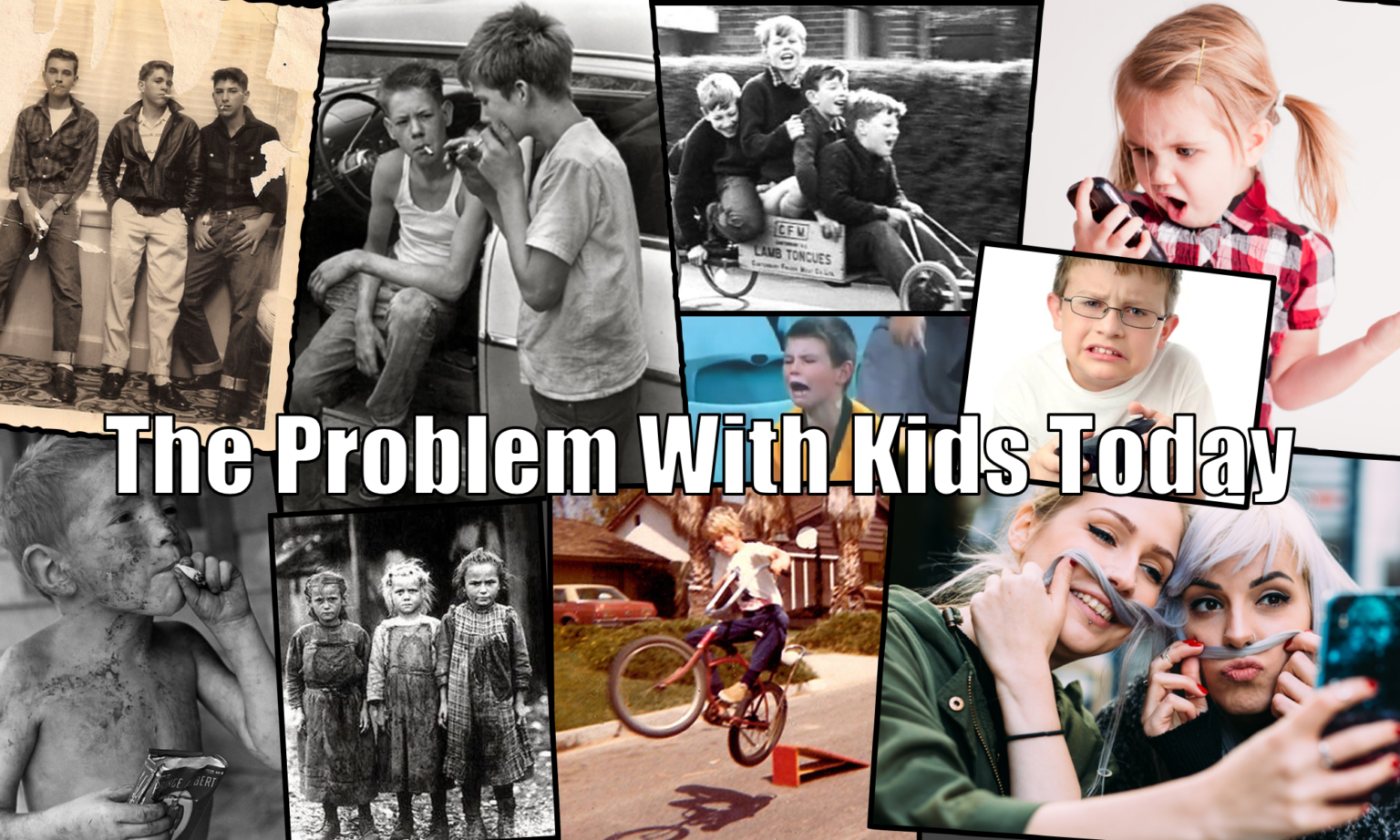
Parenting has undergone a remarkable transformation over the centuries. The stark contrast between past and present methods of discipline highlights a shift in societal values and an evolving understanding of child development. This article explores the historical context of strict discipline, the shift to modern parenting, and the impact of these approaches on children’s psychological and social well-being.
Discipline in the Past: Cultural Context
Throughout the 19th and early-to-mid 20th centuries, corporal punishment was a widely accepted tool for disciplining children. The saying “spare the rod, spoil the child” encapsulated the prevailing belief that strict physical discipline was necessary to raise respectful and well-behaved individuals.

Common Practices
- Parents and teachers frequently used tools like paddles, belts, and rulers to enforce obedience.
- Corporal punishment was not limited to homes but was also practiced in schools, reinforcing societal norms.
Societal Values
The emphasis on obedience, respect for authority, and adherence to societal norms shaped these practices. Fathers were often seen as enforcers, while mothers managed daily discipline. Children were expected to conform without question, and emotional expression was rarely encouraged.
Impact of Past Practices
While physical punishment was effective in instilling fear-based obedience, it often overlooked children’s emotional and psychological needs. Many adults who experienced such discipline carry emotional scars, even if they accepted it as part of their upbringing. The focus on compliance sometimes came at the expense of fostering emotional intelligence and self-esteem.
The Shift to Modern Parenting
Modern parenting has moved away from corporal punishment, embracing methods rooted in empathy, communication, and positive reinforcement. Research in psychology and child development has revealed the long-term harm caused by physical punishment, leading to its decline in many societies.
Modern Methods
- Focus on understanding the root causes of behavior and guiding children through emotional regulation.
- Use of natural consequences and consistent boundaries to teach responsibility.
- Encouragement of open communication and mutual respect between parents and children.
Legal and Cultural Shifts
In many countries, corporal punishment is now illegal, reflecting a broader cultural shift toward protecting children’s rights. This change underscores the growing recognition of children as individuals deserving of respect and dignity.

Psychological and Social Impact of Discipline
Effects of Corporal Punishment
Research has shown that frequent physical punishment can lead to anxiety, depression, and aggression. It fosters compliance through fear rather than understanding, which may hinder emotional growth and problem-solving skills.
Benefits of Positive Discipline
Modern approaches that emphasize positive reinforcement and emotional guidance help children develop self-discipline, emotional intelligence, and stronger parent-child relationships. These methods encourage problem-solving and resilience, equipping children with tools for navigating life’s challenges.
Societal Perception
Society now increasingly views physical punishment as outdated. Advocacy groups and legislation have played key roles in promoting non-violent forms of discipline, reflecting a collective effort to prioritize children’s well-being.

Lessons from the Past, Guidance for the Future
While past generations believed they were acting in their children’s best interests, modern parenting provides alternative tools for achieving the same goals without resorting to fear-based methods. Understanding and empathy have replaced strictness and physical punishment, creating healthier environments for children to grow.
Core Values Remain
The essence of parenting—wanting the best for one’s child—remains unchanged. The difference lies in how parents approach discipline, using methods that nurture rather than harm.
A Path Forward
As we continue to learn about child development, parents have the opportunity to create a future where children feel loved, respected, and understood. By balancing structure with empathy, parents can raise emotionally secure and resilient individuals who respect others out of understanding, not fear.
